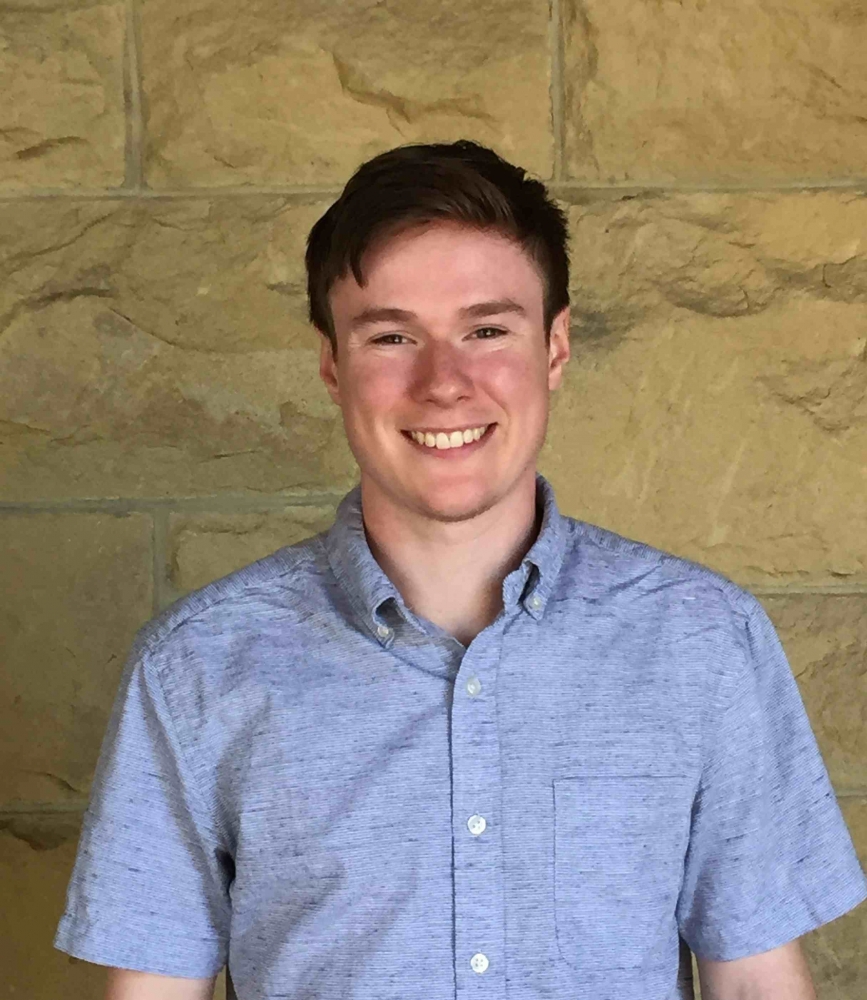
- This event has passed.
CANCELLED: MEAM Seminar: “Wind Farm Dynamics and Power Optimization in Realistic Atmospheric Boundary Layer Conditions”
March 17, 2020 at 10:30 AM - 12:00 PM
The study of wind farms within realistic atmospheric boundary layer conditions is critical to understand the governing physics of the system and to design optimal operational protocols. Historically, control protocols have optimized performance of individual wind turbines resulting in aerodynamic wakes which typically reduce total wind farm power production 10-20% and increase the cost of electricity for this resource. Considering the wind farm as a collective, we designed a physics- and data-driven wake steering control method to increase the power production of wind farms. The method was tested in a multi-turbine array at a utility-scale operational wind farm, where it statistically significantly increased the power production over standard operation. The analytic gradient-based wind farm power optimization methodology we developed can optimize the yaw misalignment angles for large wind farms on the order of seconds, enabling online real-time control. In order to rapidly design and improve dynamic closed-loop wind farm controllers, we developed wind farm large eddy simulation capabilities that incorporate Coriolis and stratification effects. The traditional approximation made in typical simulations assumes that the horizontal component of Earth’s rotation is negligible in the atmospheric boundary layer. When including the horizontal component of Earth’s rotation, the boundary layer and wind farm physics are a function of the geostrophic wind direction. The influence of the geostrophic wind direction on a wind farm atmospheric boundary layer was characterized using conventionally neutral and stable boundary layer simulations. Dynamic wake steering controllers are tested in simulations and, altogether, the results indicate that closed-loop wake steering control can significantly increase wind farm power production over greedy operation provided that site-specific wind farm data is assimilated into the optimal control model.

Michael F. Howland
Ph.D. Candidate, Department of Mechanical Engineering, Stanford University
Michael Howland is a Ph.D. candidate at Stanford University in the Department of Mechanical Engineering supported by a Stanford Graduate Fellowship and the NSF Graduate Research Fellowship. His research focuses on atmospheric flows and fluid mechanics with the goal of optimal design, control, and predictive forecasting of wind farms under the direction of Professors John Dabiri and Sanjiva Lele. His present research utilizes operational wind farm data to inform and drive real-time optimization of utility-scale wind farms. His optimal control proposals are currently being tested for implementation by large-scale wind farm operators and manufacturers.
